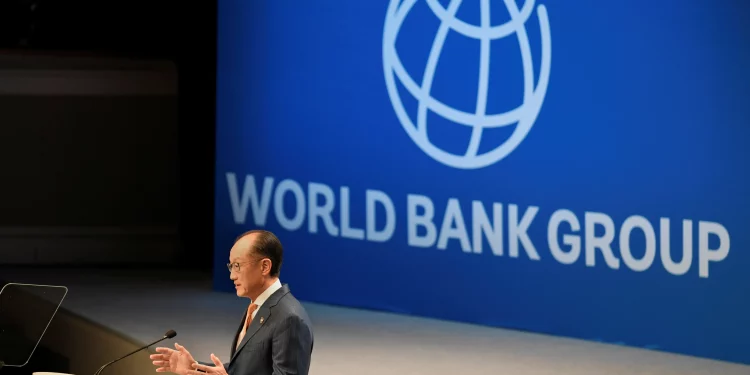The World Bank has sanctioned a $1.2 billion (KES 159.48 billion) financing package for Kenya aimed at promoting fiscal sustainability and resilient economic growth.
This initiative, part of a series of development policy operations (DPO), is designed to enhance public finance efficiency, foster competitive and inclusive markets, and bolster climate action in the East African nation.
The financing package, known as the First Kenya Fiscal Sustainability and Resilient Growth Development Policy Operation, sets ambitious goals to overhaul Kenya’s economic framework. “The program aims to promote efficiency, transparency, and equity of public finance; foster more competitive and inclusive product and labor markets; and strengthen climate action,” stated the program document.
This operation is the first in a series of three, indicating a long-term commitment to structural reforms in Kenya. The World Bank’s involvement is critical, providing not only financial support but also the expertise and analytical underpinnings necessary for these reforms.
Kenya’s government has integrated this initiative within its broader Bottom-Up Economic Transformation Agenda (BETA), which is a key component of the country’s Vision 2030. The BETA focuses on five pillars: agricultural transformation, Micro, Small, and Medium Enterprises (MSMEs), healthcare, housing and settlement, and the digital superhighway and creative industry. These pillars are supported by twelve enablers, including education, climate change, and regional integration.
The $1.2 billion (KES 159.48 billion) financing comprises $850 million (KES 112.97 billion) from the International Bank for Reconstruction and Development (IBRD) and $350 million (KES 46.52 billion) from the International Development Association (IDA), including a $300 million (KES 39.87 billion) credit and a $50 million (KES 6.65 billion) grant under the Window for Host Communities and Refugees (WHR).
The operation is also designed to maximize finance for development, with a focus on enabling private capital. It includes measures to enhance public-private partnerships and improve Kenya’s investment climate.
The World Bank’s program supports several critical reforms, including the introduction of an e-Government Procurement system to improve transparency and efficiency in public procurement, and measures to manage the public wage bill more effectively. The program aims to increase the proportion of social protection beneficiaries among the poorest 40% of the population and to equalize the benefits between male and female-headed households.
Another significant component is the enhancement of Kenya’s climate action initiatives. The country, already a leader in climate change advocacy in Africa, aims to access at least $750 million in climate financing by 2027. Reforms in this area include strengthening public transport systems and promoting forestry and land restoration.
A notable aspect of the financing is the inclusion of support for refugees and host communities. The $50 million (KES 6.65 billion) grant under the WHR aims to improve living conditions and economic opportunities for both refugees and the local populations hosting them. This is particularly significant given Kenya’s large refugee population, predominantly from neighboring Somalia and South Sudan.
The program supports initiatives to integrate refugees into the local economy, providing them with access to education, healthcare, and employment opportunities. By doing so, it seeks to reduce the socioeconomic tensions that can arise in host communities and foster a more inclusive and harmonious environment.
A crucial aspect of the initiative is the support for digital economy growth and the empowerment of Micro, Small, and Medium Enterprises (MSMEs). The World Bank program includes provisions to improve digital infrastructure, enhance access to finance for MSMEs, and streamline regulatory frameworks to boost innovation and entrepreneurship. “Developing a robust digital economy is vital for the competitiveness and inclusiveness of Kenya’s market,” noted the document.
Despite the optimistic outlook, the program acknowledges substantial risks. These include macroeconomic vulnerabilities, political uncertainties, and the challenges inherent in implementing extensive structural reforms. The World Bank has identified risk mitigation strategies, emphasizing the importance of continuous monitoring and evaluation to adapt to changing circumstances.












